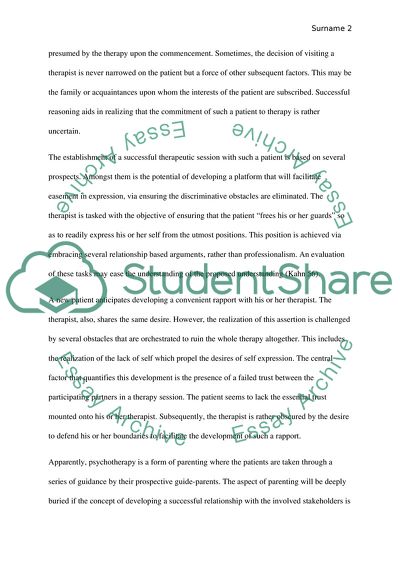Cite this document
(The Relationship Is The Therapy Essay Example | Topics and Well Written Essays - 1750 words, n.d.)
The Relationship Is The Therapy Essay Example | Topics and Well Written Essays - 1750 words. https://studentshare.org/psychology/1795743-counselling-level-4-diploma
The Relationship Is The Therapy Essay Example | Topics and Well Written Essays - 1750 words. https://studentshare.org/psychology/1795743-counselling-level-4-diploma
(The Relationship Is The Therapy Essay Example | Topics and Well Written Essays - 1750 Words)
The Relationship Is The Therapy Essay Example | Topics and Well Written Essays - 1750 Words. https://studentshare.org/psychology/1795743-counselling-level-4-diploma.
The Relationship Is The Therapy Essay Example | Topics and Well Written Essays - 1750 Words. https://studentshare.org/psychology/1795743-counselling-level-4-diploma.
“The Relationship Is The Therapy Essay Example | Topics and Well Written Essays - 1750 Words”. https://studentshare.org/psychology/1795743-counselling-level-4-diploma.


